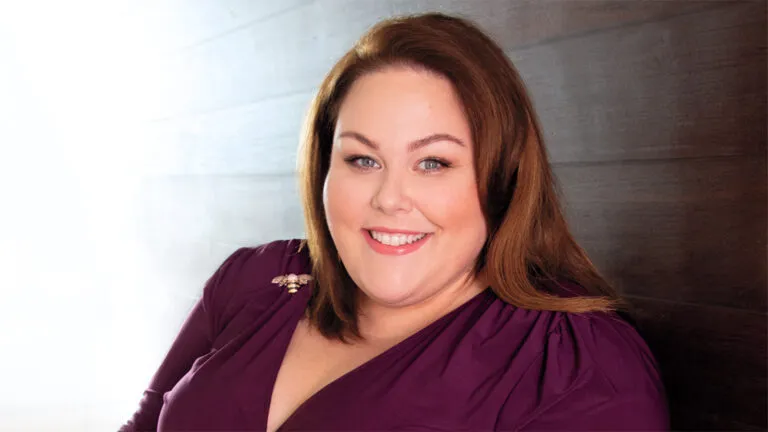Q: Dear Mrs. Sherrill,
I almost wrote “Dear Elizabeth” because reading your articles over the years I feel like I know you… I have a question and you don’t have to answer if you don’t want to.
I’m sorry if this is too personal. But after you told about your depression in Guideposts and how you got over it, you didn’t say if it ever came back. My question is, did you ever have depression again or did it just disappear?
Sincerely,
Peggy W.
A: Of course we should call each other by our first names–there are no last names in heaven!
No, my own struggle with depression has not “disappeared,” though it’s never come back in such an incapacitating form.
That dull gray mist still settles over me from time to time, obscuring light and meaning, making it hard to smile, impossible to get the smile down inside. But the grayness no longer terrifies me, and I think there are three reasons for this.
First, I name it. When the early symptoms appear–a feeling that nothing has value, a despair about the whole muddled business of living–I recognize them and give them a label: “This is depression.”
The pattern’s so familiar by now it’s like encountering someone I know. “Oh-oh, here comes that old uninvited house guest.” Can I slam the door before he gets in? I can try.
I call a friend. Read a psalm. Pray. Do something for someone else. And techniques like these work fine in fending off ordinary blues. When it’s depression, though, I’ve learned simply to live through it, reminding it that…
Second, it won’t last. The mist can’t shroud the sun forever. That was the terror of my earlier illness, the conviction that the misery would go on forever. I’d never be well, never be able to walk about cheerily like the people I watched from my attic window, beings from another planet with plans and purpose.
But that was a lie. I did rejoin the planet after a while, and the wait gets shorter each time, because my unwelcome guest can no longer fool me into thinking he’s come to stay.
And Third, I talk about it. Not with everyone, of course. Someone who drags around broadcasting his gloom scares help away. Even friends after a while pull away, confirming his conviction that he’s unloved. Maybe I’m not the actress I think I am, but I flatter myself that I keep my depression out of sight.
But to two or three tried and trusted friends–and how privileged I am that one of them is my husband!–I do talk. What I talk about are the feelings. I don’t try to account for them, or do amateur “analyzing.” I just describe them.
These good listeners don’t refute my self-negating statements. (“Why, look at all the good things in your life!”) Or make light of them. (“You’ll feel better after a good night’s sleep.”) Or offer cures. (“Have you tried St. John’s wort?”) They just let me talk.
And putting words to the feelings, hearing my own voice describe them aloud to someone else, gets them to some degree outside my own head where they’re careening around creating a ruckus, to a place where I can look at them critically.
I read an article recently about the clinical depression that afflicted Abraham Lincoln throughout his life. Yet from suicidal impulses so strong he didn’t dare carry a knife in his pocket, came identification with the sufferings of others, and commitment to a cause greater than himself.
To think that even depression can serve a purpose–lead to understanding, perhaps, or tolerance, or compassion–only confirms my trust that nothing at all, in God’s ecology, is wasted.
Affectionately,
Elizabeth
Read Elizabeth Sherrill’s story about her struggles with depression.
Download your FREE ebook, A Prayer for Every Need, by Dr. Norman Vincent Peale





